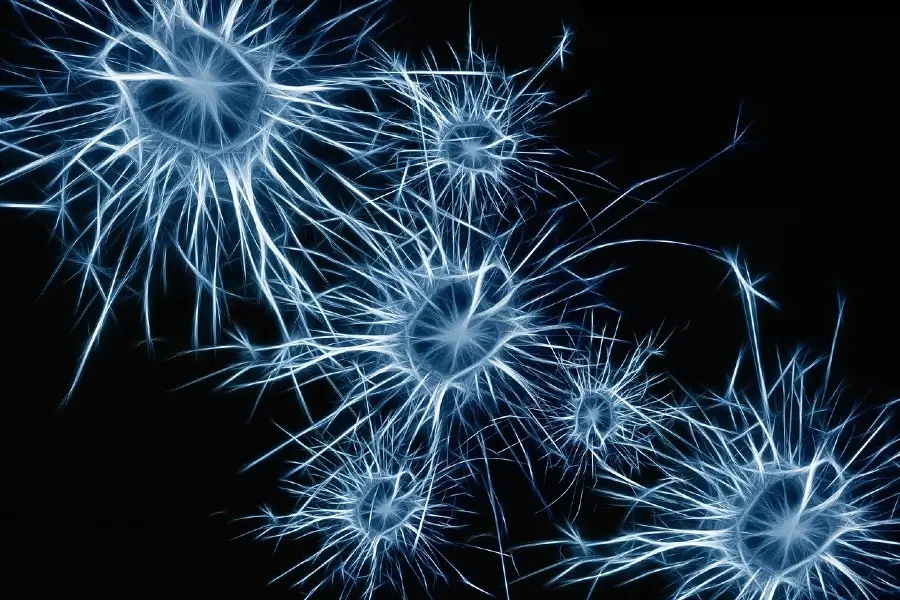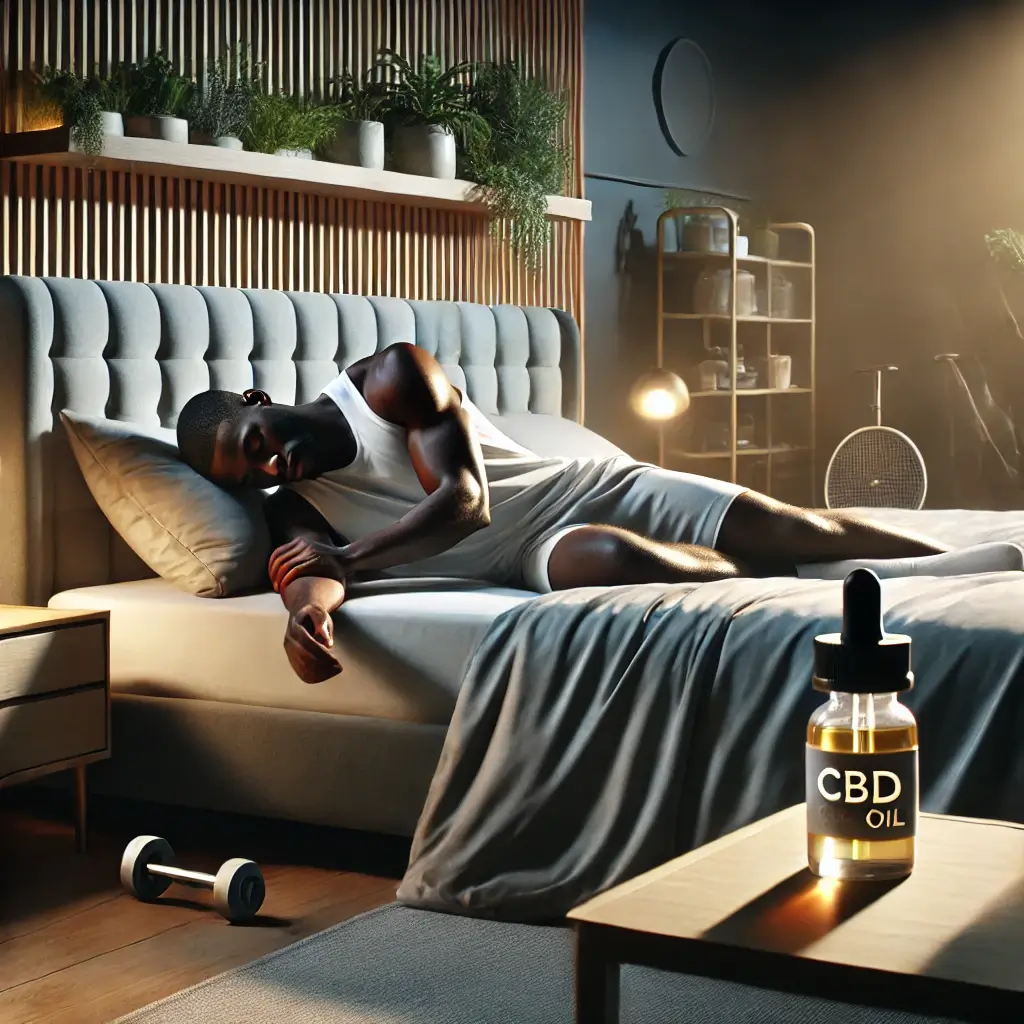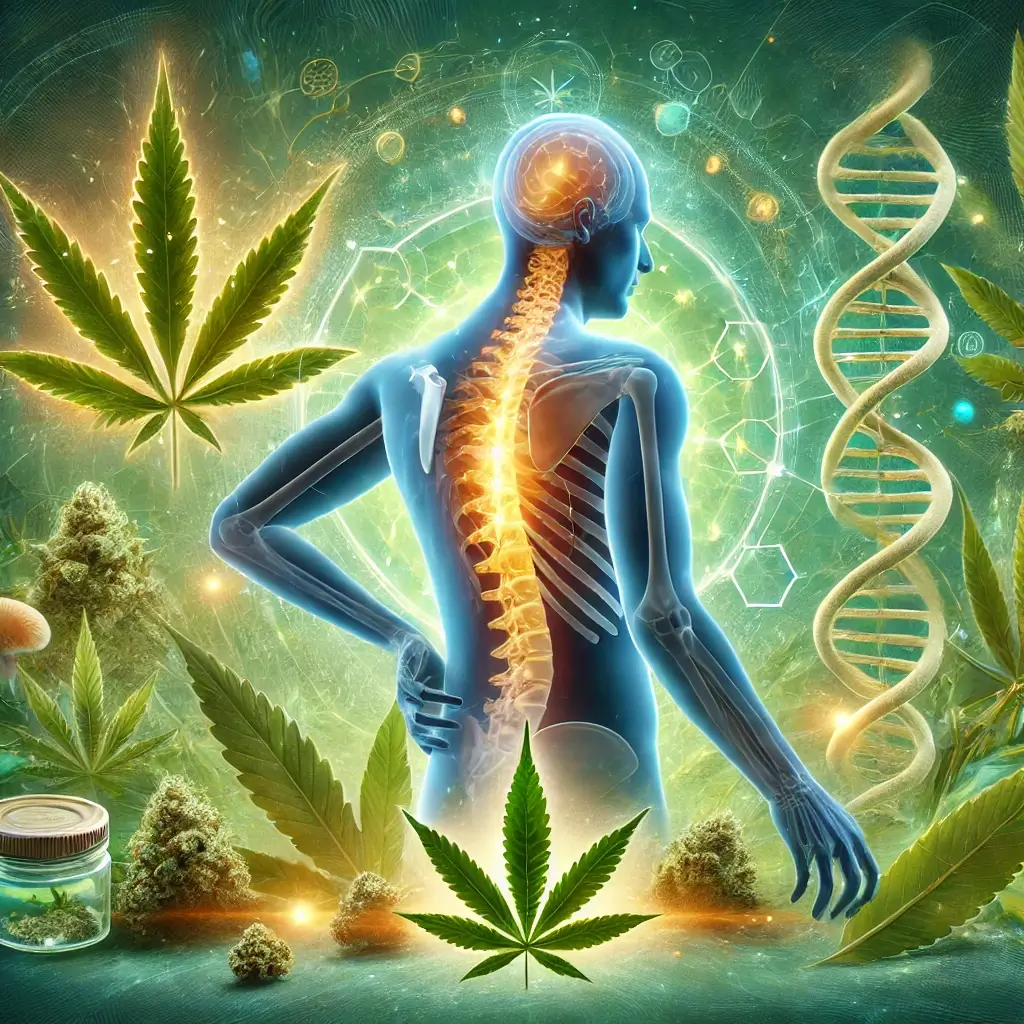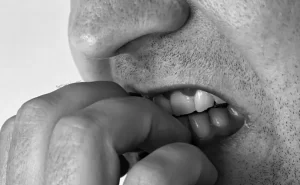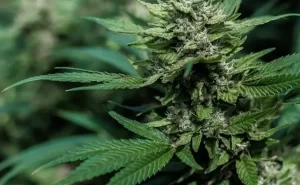CBD-Related Epilepsy Treatment
Cannabidiol (CBD) is widely available online, and its supposed health benefits vary from anxiety relief to cancer treatment. Epidiolex is the first CBD product that the FDA has approved for human ingestion.
The medical syrup-like solution contains a concentrated version of cannabidiol (CBD) derived from cannabis. It has cleared the FDA’s strict clearance procedure and is the only CBD drug of its kind; it is also the first of its kind to treat seizures.
Cannabidiol (CBD) derived from cannabis, the first of its kind to treat seizures.
Only doctors with the necessary training and testing to prescribe it for a specific ailment can provide it to patients. Furthermore, for CBD to be transparent, it must be sourced from a company that follows excellent manufacturing processes, which are a set of strict guidelines for the manufacturing process. Another advantage of these standards is that they do not contain any additional active ingredients that could be harmful.
Families of children with severe, refractory epilepsy disorders such as Lennox-Gastaut syndrome and Dravet syndrome shared their painful stories with the panelists during the meeting. More treatment options are desperately required, as those stories proved. An FDA official at the conference noted, “These are patients who have been left behind, and we have an opportunity to bring a new treatment option to them.”
CBD could be an alternative for patients suffering from seizures
However, there is insufficient proof that CBD is an effective treatment. Most studies rely on anecdotal evidence rather than clinical trials, widely regarded as the gold standard of medical research. Some individuals are given a placebo in these trials, while others receive the proper treatment. The findings from the few trials that have been conducted could be more consistent.
A study released last year found that CBD did not improve seizure control in LGS and DS patients when compared to a placebo. The sample size was small, and several confounding factors among the patients could have influenced the results. However, the researchers argue that their findings support previous studies, implying that CBD could be an alternative for patients suffering from seizures that refuse to go away.
GWPCARE6 trial’s supplementary medication reduced TSC-related seizures by more than 40%
Similarly, a third study found that adding CBD to medications previously provided to patients with TSC lowered the frequency and severity of seizures. Overall, the GWPCARE6 trial’s supplementary medication reduced TSC-related seizures by more than 40%, and these reductions were maintained even after three years of follow-up.
In the GWPCARE6 randomized, double-blind experiment, CBD supplementation was associated with few significant negative effects. The meeting’s safety data included results from the trial’s open-label extension (OLE) component.
During the OLE’s 12-week treatment window, patients can continue taking the medicine for as long as their doctors believe it is safe. The researchers will then examine the impact of the continued treatment. Quality of life indicators, Beck anxiety assessment scores, and the frequency of seizures linked with TSC will be tracked.
